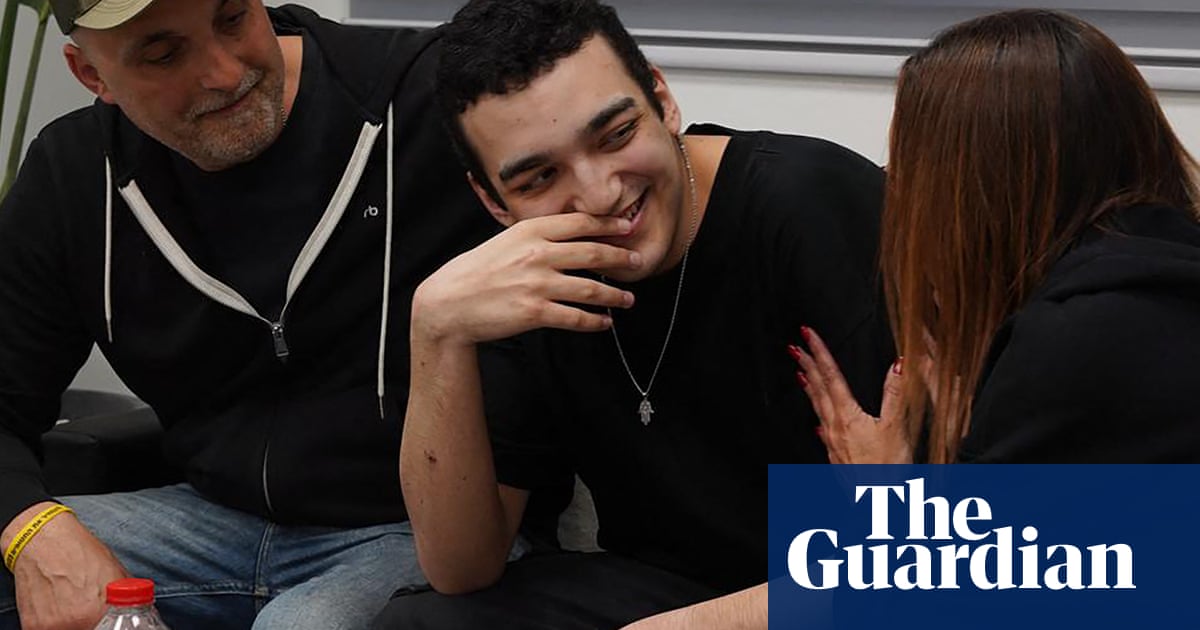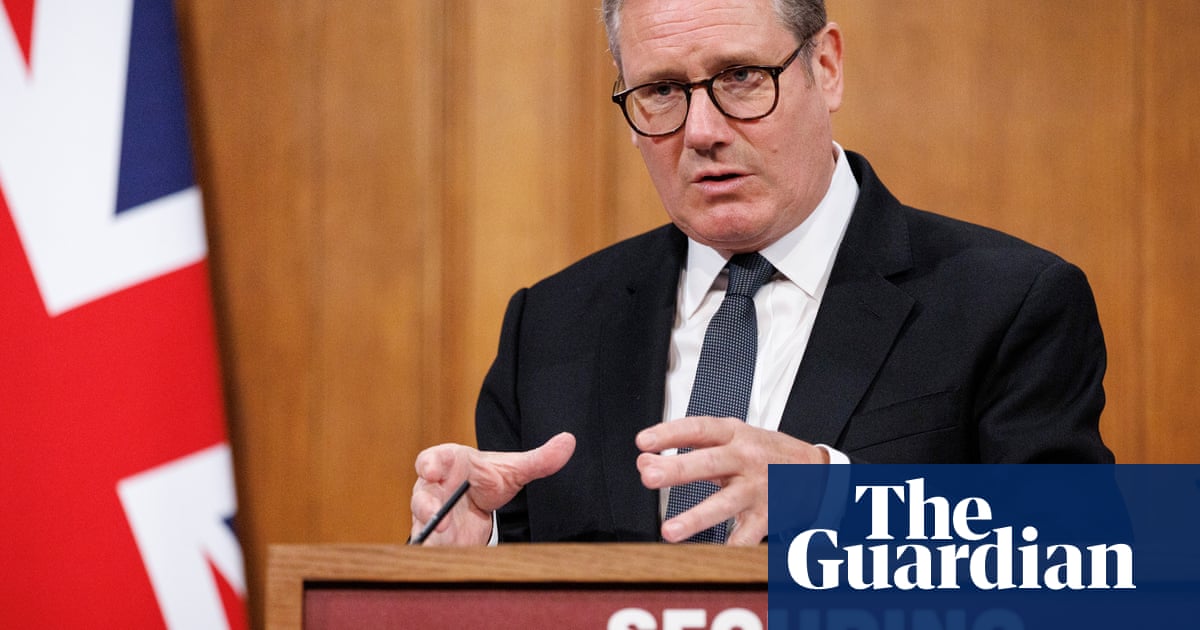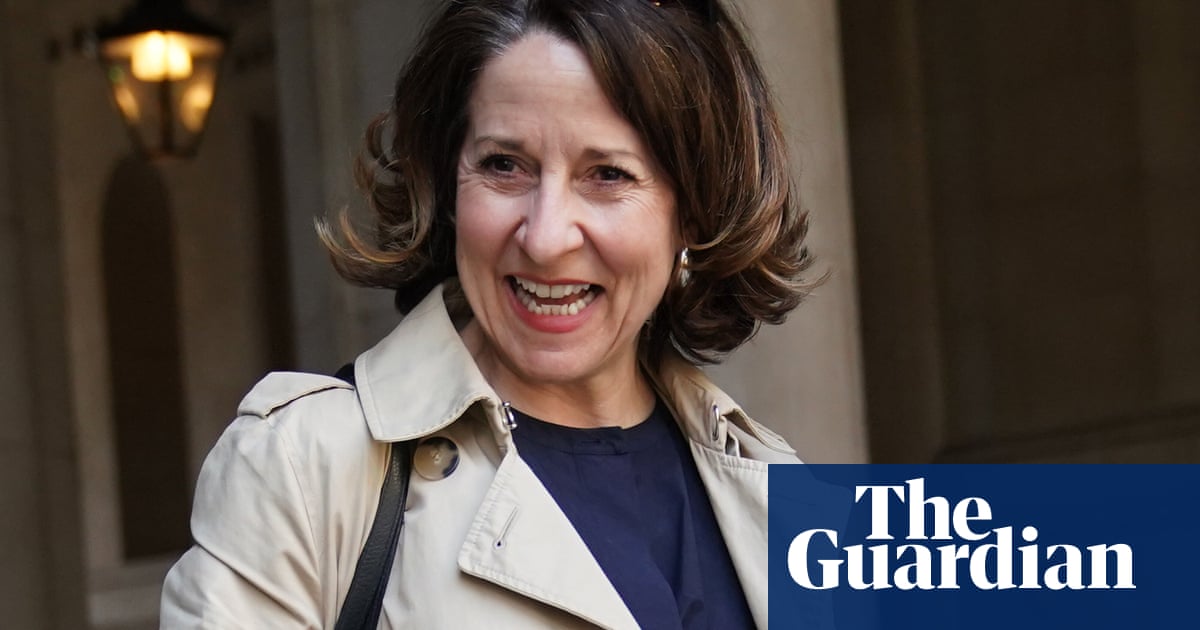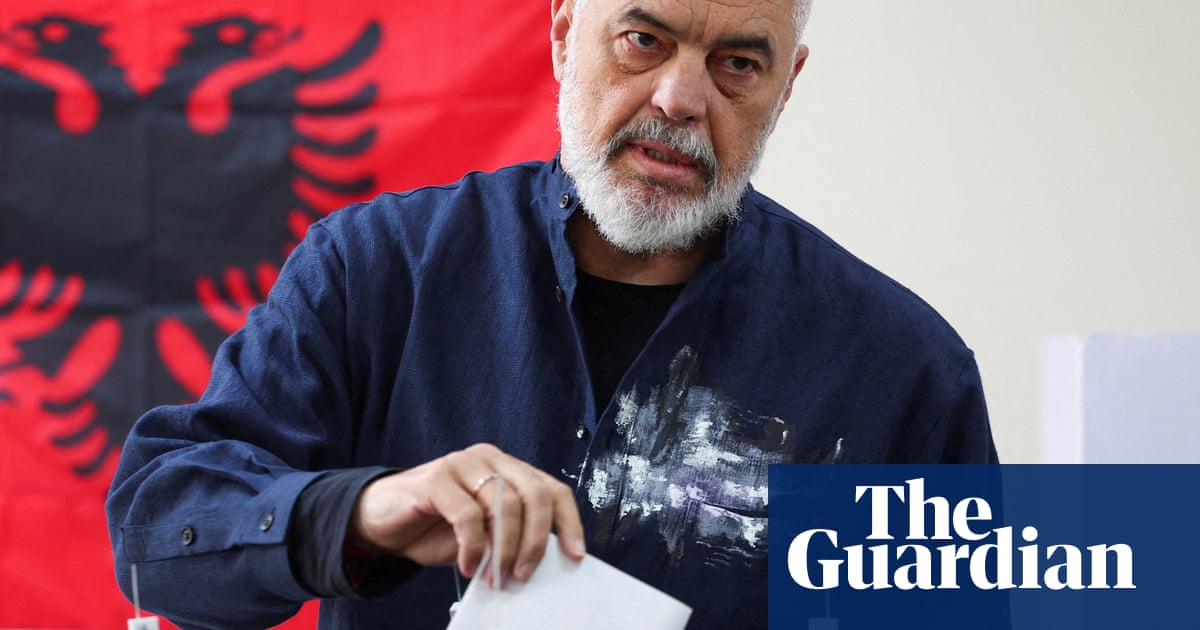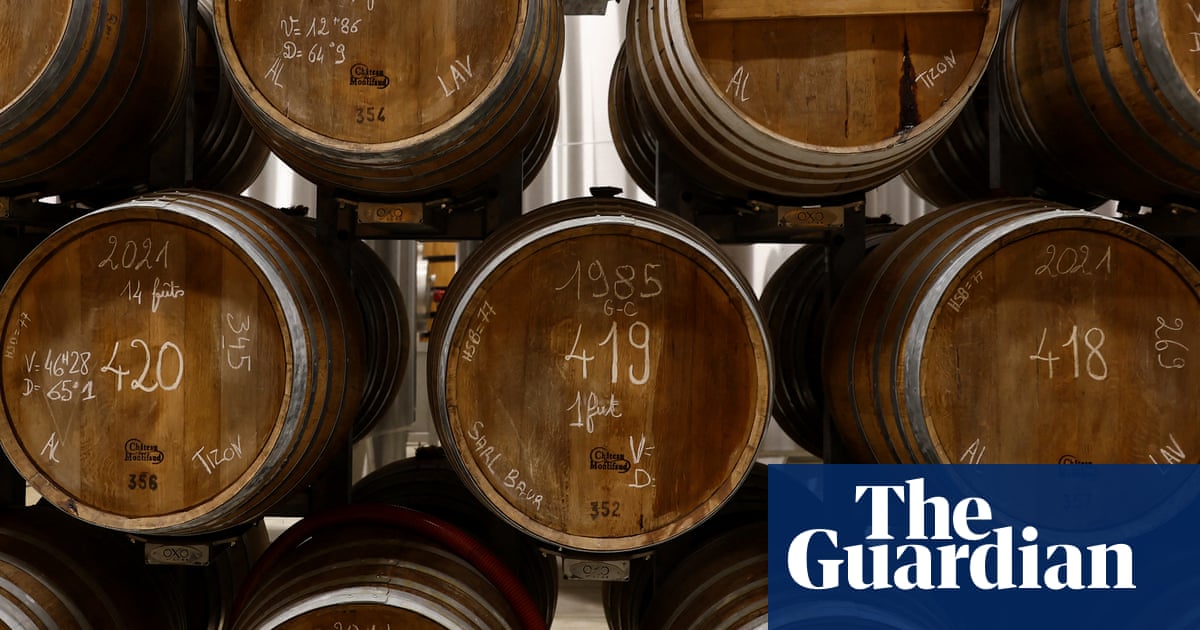You could have made good money during Dame Emma Walmsley’s eight years as chief executive of GlaxoSmithKline by buying the shares whenever they fell to £13 and shorting them whenever they hit £18. The yo-yo pattern has repeated three or four times. Optimism breaks out regularly, but something always turns up to spoil the mood.
Lockdown during the Covid pandemic meant patients couldn’t get out for their shingles jabs, a critical product for GSK. When that cloud cleared, an enormous legal wrangle over Zantac, a heartburn drug from the 1990s, appeared. The settlement was financially tolerable in the end, but last year’s downer was the US regulator’s decision to limit the age range for use of a new vaccine for respiratory syncytial virus (RSV) for older adults, quickly followed by the appointment of vaccine sceptic Robert F Kennedy as the US secretary of health and human services. The shares, having touched £18 in May 2024, were once again at £13 by November.
On cue, though, here come a few fresh reasons to be more cheerful. GSK’s shares, up 7.6% at £14.85, were the top riser in the FTSE 100 index on Wednesday because the full-year numbers for 2024 came with a syringe of crowd-pleasers: a higher dividend, a revenue upgrade and a £2bn share buyback.
The last was a surprise because GSK hasn’t been in the buyback business since 2012 and cut its dividend as recently as 2021. But the move underlines how debt has fallen rapidly after the demerger of Haleon, the consumer products business, and how the Zantac settlement drew a line. The reduction in borrowings from £20bn in 2021 to £13bn today shows how the business is still nicely cash-generative.
As for the revenue upgrade, it is for 2031 (pharma firms rightly like long-term horizons) but the new number of £40bn-plus, up from £38bn-plus, demonstrates that the extra billions poured into research and developed are yielding results at the other end of the pipeline, which has always been the big worry with GSK. The original target for 2031, introduced four years ago, was £33bn.
The latest potential blockbuster should be Blenrep, a blood cancer drug that has demonstrated meaningful life-expectancy benefits in late-stage trials. Meanwhile, sales of HIV medicines, a traditional strength for GSK, rose at a double-digit pace last year.
The range of share price targets among the analysts is still enormous, it should be said – £14.50, say Barclays and Jefferies, but £23.55 thinks Bernstein. And it’s not hard to imagine that the market, having seemingly become more relaxed about RFK Jr, could panic again once he starts making decisions. This is the Trump administration, after all.
after newsletter promotion
But there is also a fair argument that GSK’s underlying business is in improving shape. At the time of the big shake-up in 2021, Walmsley acknowledged the rotten share price and promised to deliver “a step change in performance versus our history”. She has done better than the shares would suggest. One of these years, maybe, GSK will make it to £18 and keep going. Just avoid pandemics, bad luck and legal scrapes.

.png) 3 months ago
32
3 months ago
32






